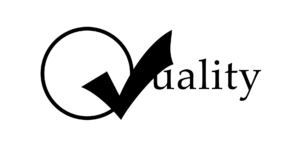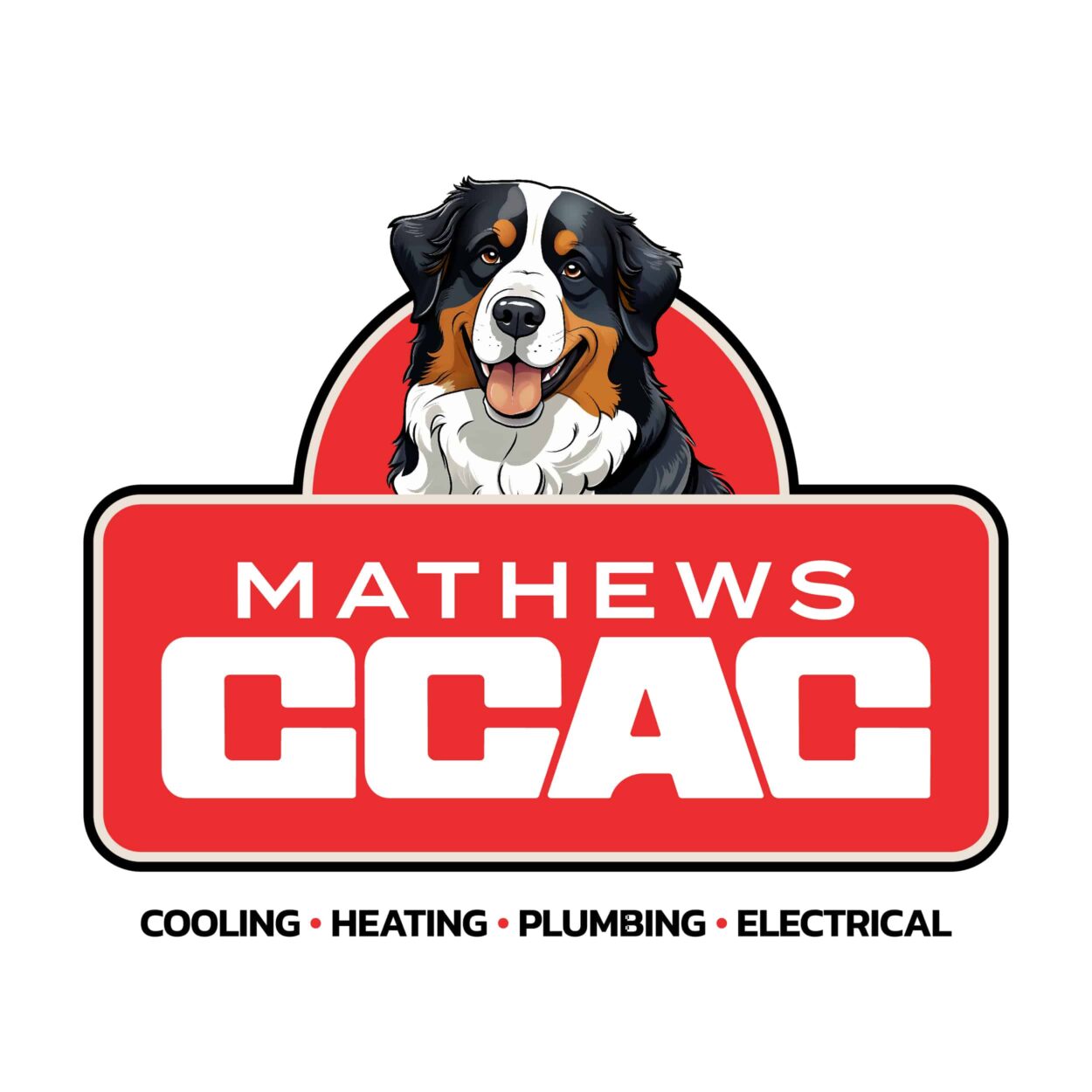 It’s easy to take indoor air quality for granted, but in fact, the EPA has found that indoor air is among the most polluted many people encounter. Natural and chemical pollutants tend to concentrate when there isn’t enough fresh air ventilation, an increasingly serious problem in energy efficient homes and buildings.
It’s easy to take indoor air quality for granted, but in fact, the EPA has found that indoor air is among the most polluted many people encounter. Natural and chemical pollutants tend to concentrate when there isn’t enough fresh air ventilation, an increasingly serious problem in energy efficient homes and buildings.
Outside Sources
- Vehicle and yard equipment. People who live next to busy streets or have attached garages often experience higher levels of vehicle exhaust in their homes. Using gas-powered yard equipment with a window open can bring in harmful pollutants.
- Dust. Open windows on windy days will bring in dust and pollen particulates.
Indoor Sources
- Humidity. Controlling humidity in this region is crucial for good air quality. High humidity contributes to conditions that foster mold, bacterial and viral growths indoors.
- Airborne particulates. Dust is a combination of shed skin cells, lint, dust from the outdoors, pet dander and other microscopic particles created inside your home.
- Vermin. Mouse and cockroach waste pollute indoor air and carry harmful bacteria. Dust mite waste is another common indoor air pollutant and is the most common trigger for allergies and asthma. Homes with a lot of carpeting, upholstered furniture and fabric window coverings tend to have more serious dust mite problems.
- Volatile organic compounds (VOCs). Many consumer products contain VOCs that can cause health problems of varying degrees, from sore throats to cancer or nerve damage. Cleaning products, paint, new flooring and furniture, anything perfumed, candles, makeup, and many plastics have VOCs. Before purchasing home improvement products, especially, look for labels that state they’re low in VOCs or clean-air compliant.
- Carbon monoxide (CO) and radon. If you have a gas water heater or clothes dryer, you may be exposed to CO year-round in case they’re not properly vented. Although the Coastal Bend has a low incidence of soil-borne radon, it could be present in your home’s air, especially if you have a basement.
Fortunately, your HVAC system can eliminate many issues that contribute to poor indoor air quality. To learn more, contact CCAC, Inc., providing trusted HVAC services for Coastal Bend homeowners.
Our goal is to help educate our customers in Corpus Christi, Texas about energy and home comfort issues (specific to HVAC systems). For more information about HVAC topics, download our free Home Comfort Guide or call us at 361-678-2495.
Credit/Copyright Attribution: “geralt/Pixabay”












